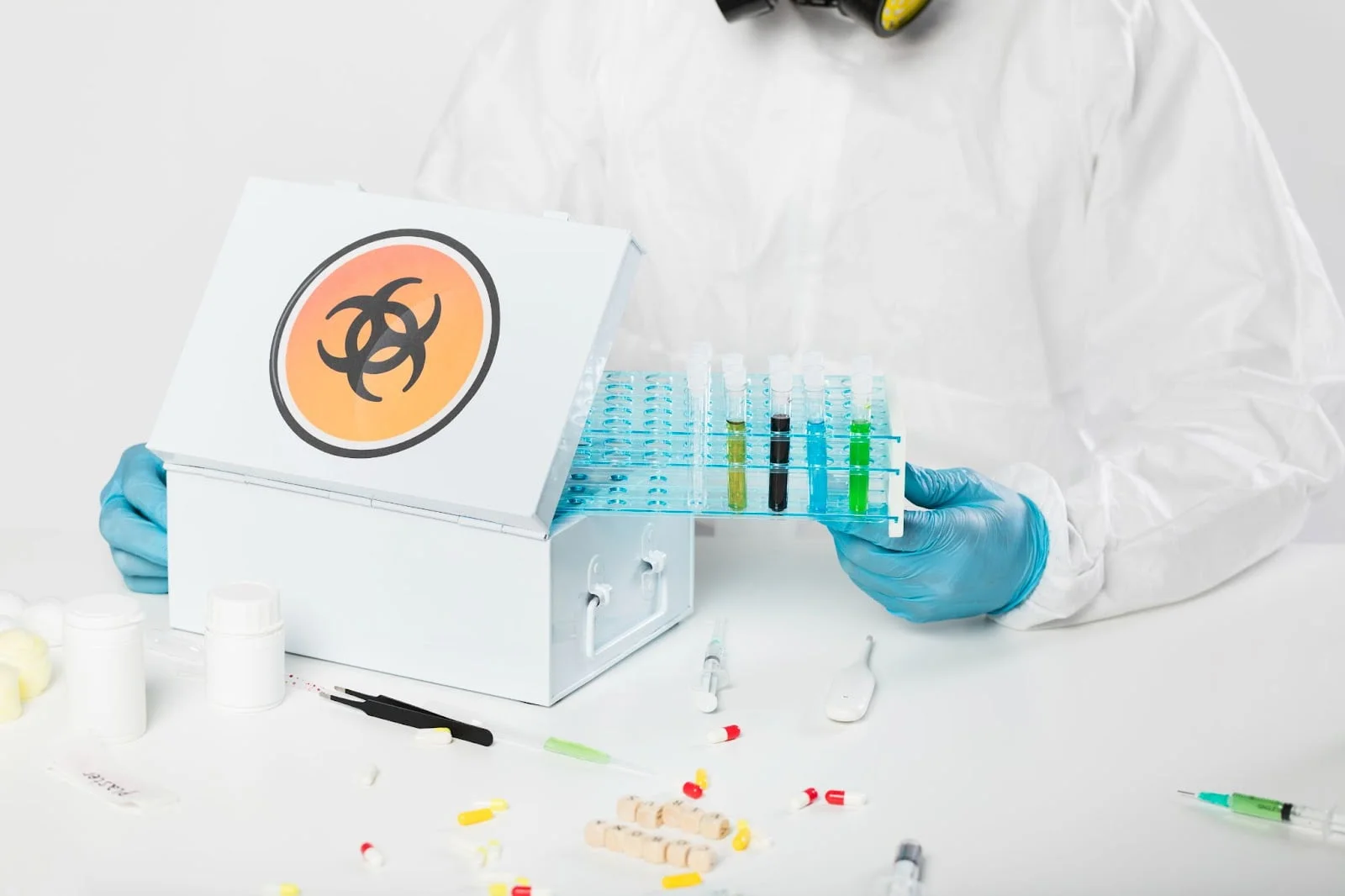Introduction
Monoclonal Antibody Drugs are a type of biological therapy that has revolutionized the treatment of several diseases, including cancer, autoimmune diseases, and infectious diseases. Monoclonal antibodies are laboratory-produced molecules that mimic the immune system’s ability to recognize and fight off foreign substances, such as viruses and cancer cells. This post discusses the scope of monoclonal antibody drugs in India and their potential to improve the lives of millions of people.
How Do Monoclonal Antibody Drugs Work?
Monoclonal antibodies target specific proteins or receptors on the surface of cancer cells or other disease-causing agents. This allows them to selectively bind to and destroy these targets, without harming healthy cells. Two main monoclonal antibody drugs exist: naked antibodies and antibody-drug conjugates (ADCs). Naked antibodies are designed to bind to cancer cells or other targets directly. At the same time, ADCs consist of an antibody linked to a toxic drug molecule, released when the antibody binds to the target.
Applications of Monoclonal Antibody Drugs
A. Treatment of cancer
Monoclonal antibody drugs have become an important part of cancer treatment in recent years. They are utilised to treat a variety of cancers, including breast cancer, lung cancer, and colorectal cancer. Some examples of monoclonal antibody drugs used in cancer treatment include trastuzumab (Herceptin), which targets a protein called HER2 found on the surface of some breast cancer cells, and rituximab (Rituxan), which targets a protein called CD20 found on the surface of some lymphoma cells.
B. Treatment of autoimmune diseases
Monoclonal antibody drugs are also used to treat autoimmune diseases like rheumatoid arthritis, psoriasis, and multiple sclerosis. These drugs work by targeting specific molecules involved in the immune response that contribute to developing these diseases. Some examples of monoclonal antibody drugs used in autoimmune disease treatment include adalimumab (Humira), which targets a protein called TNF-alpha found in the joints of people with rheumatoid arthritis, ustekinumab (Stelara), which targets two proteins called IL-12 and IL-23 found in people with psoriasis.
C. Treatment of infectious diseases
Monoclonal Antibody Drugs have also been used to treat infectious diseases like COVID-19, Ebola, and HIV. These drugs target specific molecules on the surface of the virus or bacteria, preventing them from infecting healthy cells. Some examples of monoclonal antibody drugs used in infectious disease treatment include casirivimab and imdevimab (Regeneron), authorised for emergency use in treating COVID-19.
D. Other Potential Applications
Monoclonal antibody drugs have also shown promise in treating other diseases, such as Alzheimer’s, macular degeneration, and asthma. Research is ongoing to explore the potential of these drugs in these and other areas.
Conclusion
The scope of monoclonal antibody drugs in India is vast, and they can potentially revolutionise the treatment of several diseases. These drugs have already significantly impacted cancer treatment, autoimmune disease treatment, and infectious disease treatment, and ongoing research is exploring their potential in other areas.
While these drugs can be expensive and have some limitations, they offer a promising new disease treatment and management approach. With continued research and development, the scope of monoclonal antibody drugs in India and worldwide will likely expand even further in the coming years.



